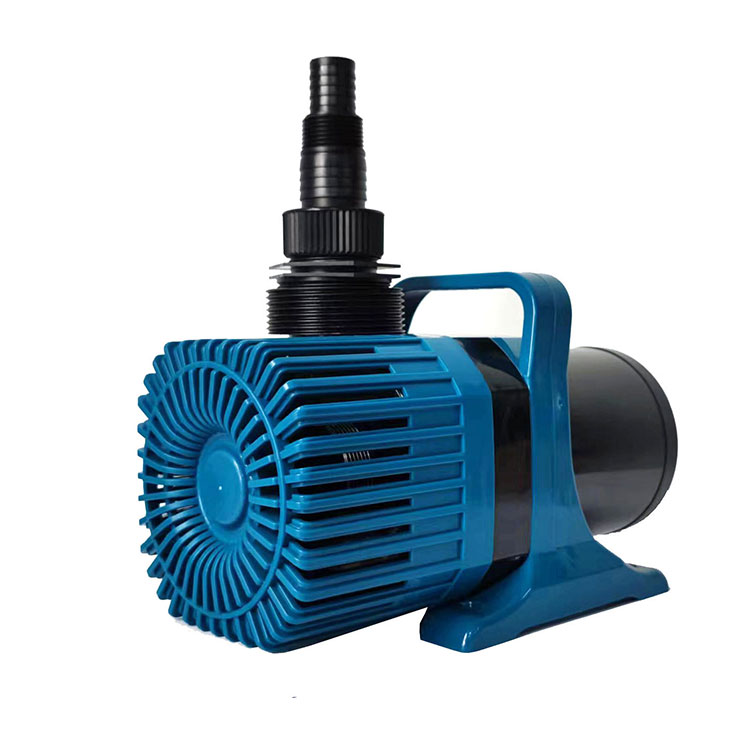Choosing the Right Garden Water Pump for Your Needs
2024-03-06
In the realm of gardening, one essential tool often overlooked is the garden water pump. Whether you're watering a small vegetable patch or maintaining a sprawling landscape, having the right garden water pump can make all the difference. But with a variety of options available on the market, how do you determine which type is best suited for your specific needs? Let's dive in and explore the factors to consider when selecting a garden water pump tailored to your requirements.
1. Assess Your Watering Needs: The first step in choosing a garden water pump is to assess your watering needs. Consider the size of your garden, the types of plants you have, and the frequency of watering. Are you looking to water a small flower bed or a large lawn? Understanding your watering requirements will help you determine the pump's capacity and flow rate needed to efficiently distribute water across your garden.
2. Type of Pump: There are various types of garden water pumps available, including submersible, surface, and booster pumps. Submersible pumps are placed underwater and are ideal for deep wells or ponds. Surface pumps are placed above ground and are suitable for shallow water sources like tanks or rivers. Booster pumps are designed to increase water pressure and are often used for irrigation systems. Choose the type of pump that aligns with your garden's water source and distribution system.
3. Power Source: Garden water pumps can be powered by electricity, gasoline, or solar energy. Electric pumps are convenient for small to medium-sized gardens with access to power outlets. Gasoline pumps are more portable and suitable for remote areas without electricity. Solar-powered pumps offer an eco-friendly and cost-effective solution, especially in sunny regions. Consider your power source options based on your garden's location and accessibility to power.
4. Durability and Maintenance: Look for garden water pumps that are durable and require minimal maintenance. Opt for pumps made from high-quality materials that can withstand outdoor elements and regular use. Check for features like rust-resistant casing and self-priming capabilities, which can contribute to the pump's longevity and ease of maintenance.
5. Noise Level: Depending on your garden's proximity to your home or neighbors, the noise level of the pump may be a consideration. Some pumps operate quietly, while others produce noticeable noise during operation. Choose a pump with a noise level that is acceptable for your environment to avoid disturbances.
6. Budget Considerations: Lastly, consider your budget when selecting a garden water pump. Prices can vary depending on the pump's features, brand, and power source. Determine your budget range and prioritize essential features that align with your watering needs.
In conclusion, choosing the right garden water pump involves assessing your watering needs, selecting the appropriate type and power source, considering durability and maintenance requirements, evaluating noise levels, and staying within budget constraints. By taking these factors into account, you can find a garden water pump that is best suited for your specific gardening needs, ensuring a healthy and thriving garden for years to come.



